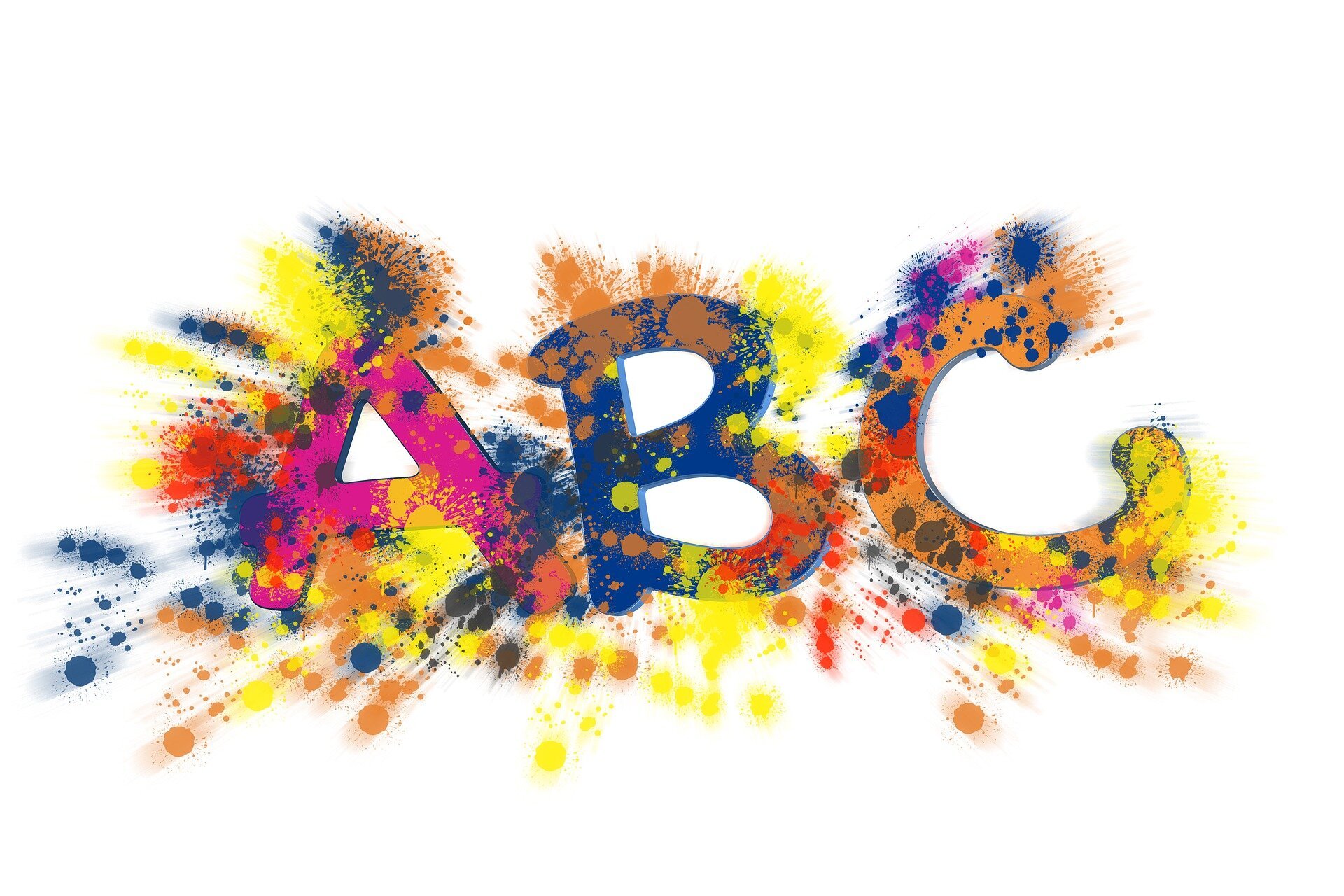- cross-posted to:
- nottheonion
- cross-posted to:
- nottheonion
As graders go on grading, their comments become more frustrated and their good-will becomes much sloppier. At least that’s the hypothesis to explain this. Researchers found the reverse effect on graders who sorted in reverse-alphabetical order.



So … graders are fallable humans?
Yea, but this kind of work is needed to encourage blind marking as the default, and not just when standardised testing is involved
I think just randomized order would be enough. It is plausible for teachers to keep track of students’ individual progress.
I think blind marking is important. I have literally heard people objecting to proposed grades with phrases like “but he’s a bad student” or “but she’s really bright.”
Unless the assignment is a multiple choice quiz, you can’t really blind it because the thing being evaluated is output from that person.
A million tiny clues will indicate to your subconscious which student’s work you’re grading.
I can’t imagine how, unless you only had 20 of them or something?
Back when I was a TA, I had an average of 120 students per semester and we didn’t necessarily grade our own students’ work (it was usually divided by topic).
So if I’m grading 120 assignments - or worse, 480 pieces of exam assessment- and only 25% of them are from students I regularly interact with, I don’t think my subconscious has any idea 99% of the time.
Even with smaller classes… you’re just seeing too many people with similar thoughts and styles over the course of a year for any of it to imprint on your mind that deeply. Occasionally it’s going to be obvious, but I still think removing a level of bias through anonymizing is best practice.
So, just the people who get marked last are randomly affected?
Not sure what you mean. Do you think that blind marking would somehow eradicate the bias onto these who get graded later?
No. Exactly the opposite. The problem continues to exist, but now it’s hidden.
It’s improved at least, randomized would be different each time and would influence everyone’s grades evenly in a spread out period (in theory.)
Removed by mod
It’s less about the individual test, and more so spreading the human error across many tests rather than “the last few tests”
Well, yeah. I’d argue that’s better than people with certain names being consistently affected.
They both seem equally bad to me.
You don’t have to have either problem though; both can be avoided easily.